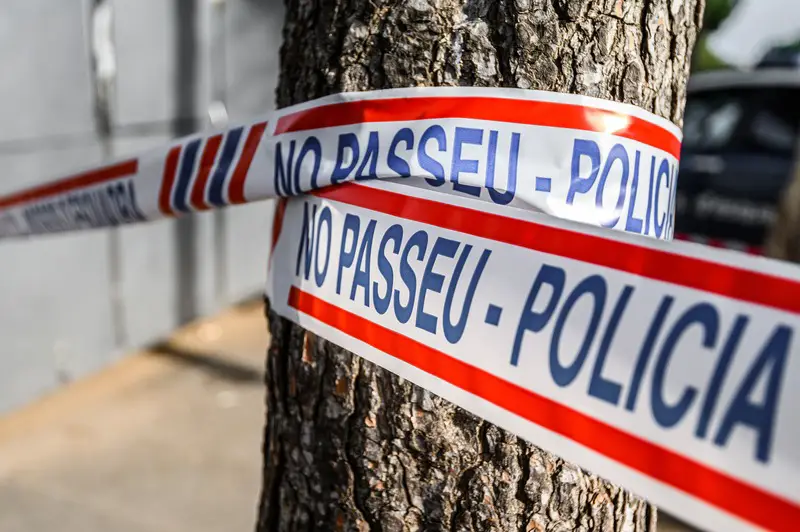On March 24, 2024, Brigitte Garcia, 27, Ecuador’s youngest ever mayor, and her advisor, Jairo Loor, were discovered dead from gunshot injuries in a vehicle in San Vicente, a coastal town in Ecuador.
Once hailed as a stronghold of tranquility in Latin America, Ecuador is currently grappling with a spike in gang-related violence. In response to the escalating violence, including the escape of leading gang figure Adolfo Fito Macias of the Los Choneros gang, President Daniel Noboa announced a state of emergency three months ago.
Post the emergency declaration, the Phoenix Plan was initiated, aiming to curb criminal activities by deploying military forces on the streets and taking over the country’s prisons. The government reported that the Phoenix Plan has resulted in over 12,000 arrests, 165,000 operations conducted, and the confiscation of 65 tons of drugs. However, Garcia’s murder, along with the continued violent incidents, underscores the formidable task Ecuador faces in dismantling entrenched gang networks. Violence continues unabated, exemplified by a recent deadly ambush in Sucumbios, causing one soldier’s death and three injuries, and a bomb threat in Latacunga.
The brutal deaths of Garcia, the mayor of San Vicente, and Loor have elicited widespread criticism, prompting the government to promise improved security measures. The Ecuadorian National Police disclosed that the shots were fired from inside the vehicle, adding a layer of complexity to the ongoing investigation. The vehicle, which was rented, is being tracked using its GPS system to collect more data.
Beyond being a political representative for the Citizen Revolution Movement party, Garcia was a symbol of optimism for her community, having recently initiated a project to enhance water accessibility. Her murder has brought the precarious security state in Ecuador into sharp focus, as the country struggles with the impact of transnational drug cartels and a surge in gang violence.
Garcia’s death has deeply affected Ecuadorian politics. Luisa Gonzalez, the presidential candidate of Garcia’s party, expressed shock and underscored the pervasive insecurity troubling the nation. This incident follows the assassination of Fernando Villavicencio, an anti-corruption presidential candidate, last August, further underlining the dangers public officials in Ecuador face.
The violence in Ecuador is part of a broader regional crisis. The rise in gang activity and drug trafficking is connected to weakened state institutions, corruption, and societal issues exacerbated by the COVID-19 pandemic. Ecuador’s strategic position between Peru and Colombia, the world’s top cocaine producers, has made it a key transit point for drug trafficking, intensifying the violence. While the international community, including the United States, has supported Ecuador in tackling these challenges, experts argue that a solely militarized crackdown will not address the root causes of gang violence and drug trafficking.











